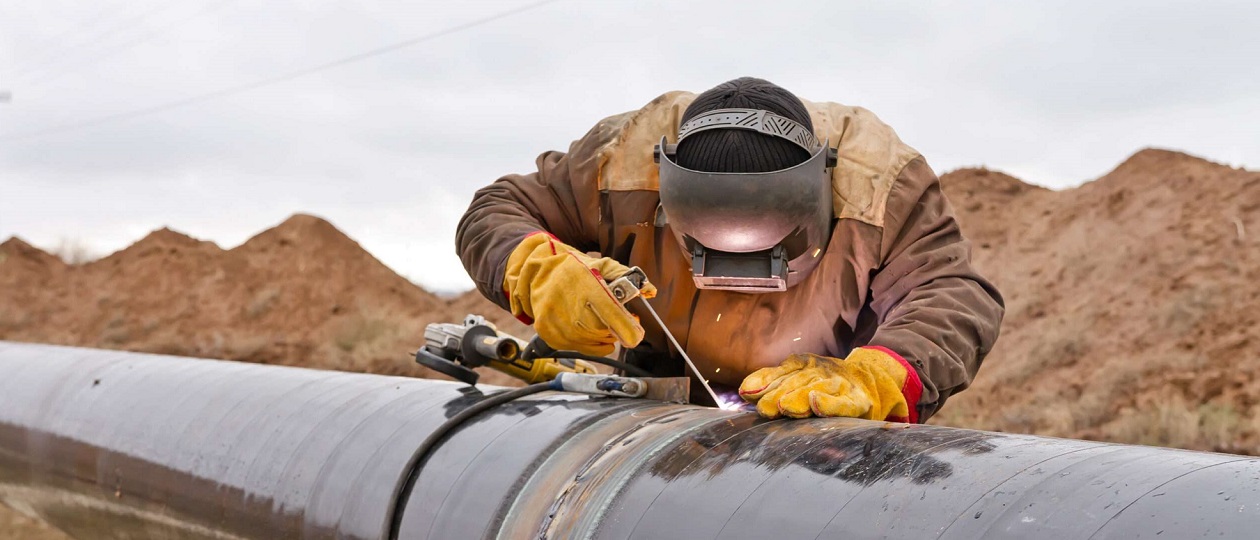
It seems that the issue of building the Soyuz-Vostok gas pipeline through Mongolia to China was not resolved during the official visit of the Russian President to Ulaanbaatar.
Apparently, Mongolia succumbed to pressure from China and removed the issue of building the gas pipeline from the agenda.
Let me remind you of the essence of the disagreements between Russia and China: China demands that Russia set the price for gas that will be pumped through this gas pipeline significantly lower than global prices, namely at the level of domestic Russian gas prices for Russian consumers.
V. Putin’s attempt to persuade Chinese President Xi Jinping to raise the price during his visit to Beijing in May of this year failed. As a result, in the statement by Mongolian President Ukhnagiin Khurelsukh to the media following the Russian President’s visit, not a word was said about the Soyuz-Vostok gas pipeline.
In a statement to the media, V. Putin only indicated that the design work on the gas pipeline has been completed and it is undergoing state examination. That is, it is unknown when its construction will begin. This is a serious blow to the Russian economy, since Soyuz-Vostok was designed to compensate for losses from the introduction of sanctions on the supply of Russian gas to Europe and gas from the fields of the Yamalo-Nenets Autonomous Okrug was supposed to go to China.
I would like to be wrong, but it seems that the goals of Putin’s visit to Mongolia were not achieved and the situation with the gas pipeline is very difficult. This is confirmed by the fact that five agreements were signed during the visit, but the agreement on Soyuz-Vostok is not among them.
The following were signed:
- Agreement on the supply of petroleum products
- Agreement on providing Mongolia with aviation fuel
- Agreement on the development of a basic project for the reconstruction of TPP-3 in Ulaanbaatar
- Memorandum of understanding on the preservation of Lake Baikal
- A document to ensure epidemiological welfare with regard to plague





